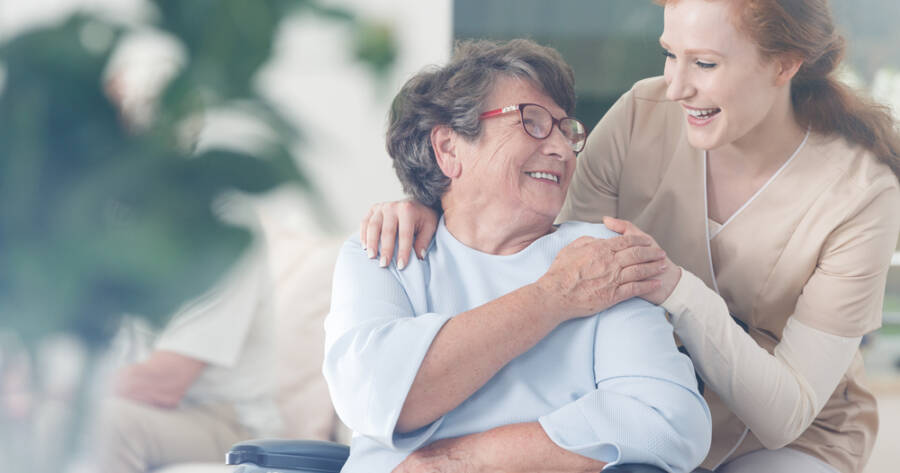Discover personalized caregiving solutions for seniors. Ensure their well-being with tailored support, from companionship to medical assistance. Experience peace of mind knowing your loved ones are in capable and caring hands.
What is Private Caregiving?
Private caregiving involves the provision of non-medical assistance and support to individuals who require help with activities of daily living (ADLs) and instrumental activities of daily living (IADLs). These individuals may be elderly, disabled, or recovering from an illness or injury.1 Private caregivers, also known as personal care aides or home health aides, provide a wide range of services, including:
- Personal care: bathing, dressing, grooming, and toileting
- Meal preparation and feeding
- Medication management
- Transportation to appointments and errands
- Companionship and emotional support
Private caregiving can be provided in a variety of settings, including private homes, assisted living facilities, and nursing homes. Caregivers may work for individuals directly or through a home care agency.
Private Caregiving: A Rewarding Career
Private caregiving can be a rewarding career for individuals who are compassionate, patient, and have a desire to help others. Caregivers have the opportunity to make a real difference in the lives of their clients, helping them to maintain their independence and quality of life. In addition, private caregiving can offer a number of benefits, including:
- Flexible work hours
- Independence and autonomy
- Opportunities for advancement
- Competitive pay and benefits
According to the U.S. Bureau of Labor Statistics, the median annual wage for home health aides and personal care aides was $27,020 in May 2020. The job outlook for private caregivers is expected to grow 33% from 2020 to 2030, much faster than the average for all occupations.
Private Caregiving: Flexibility and Independence
One of the biggest benefits of private caregiving is the flexibility it offers. Caregivers can set their own hours and work as much or as little as they want. This can be a great option for individuals who have other commitments, such as school or family obligations. In addition, private caregivers have the independence to work with clients they enjoy and in settings that suit their interests.2
Private caregiving can also be a great way to give back to the community. Caregivers provide essential support to individuals who need help with ADLs and IADLs, allowing them to remain independent and live in their own homes. By providing this support, caregivers can make a real difference in the lives of their clients and their families.
Learn More About Private Caregiving
If you are interested in learning more about private caregiving, there are a number of resources available. You can find information about private caregiving programs at your local community college or vocational school. You can also find information online from organizations such as the National Association for Home Care & Hospice (NAHC) and the Home Care Association of America (HCAA).
